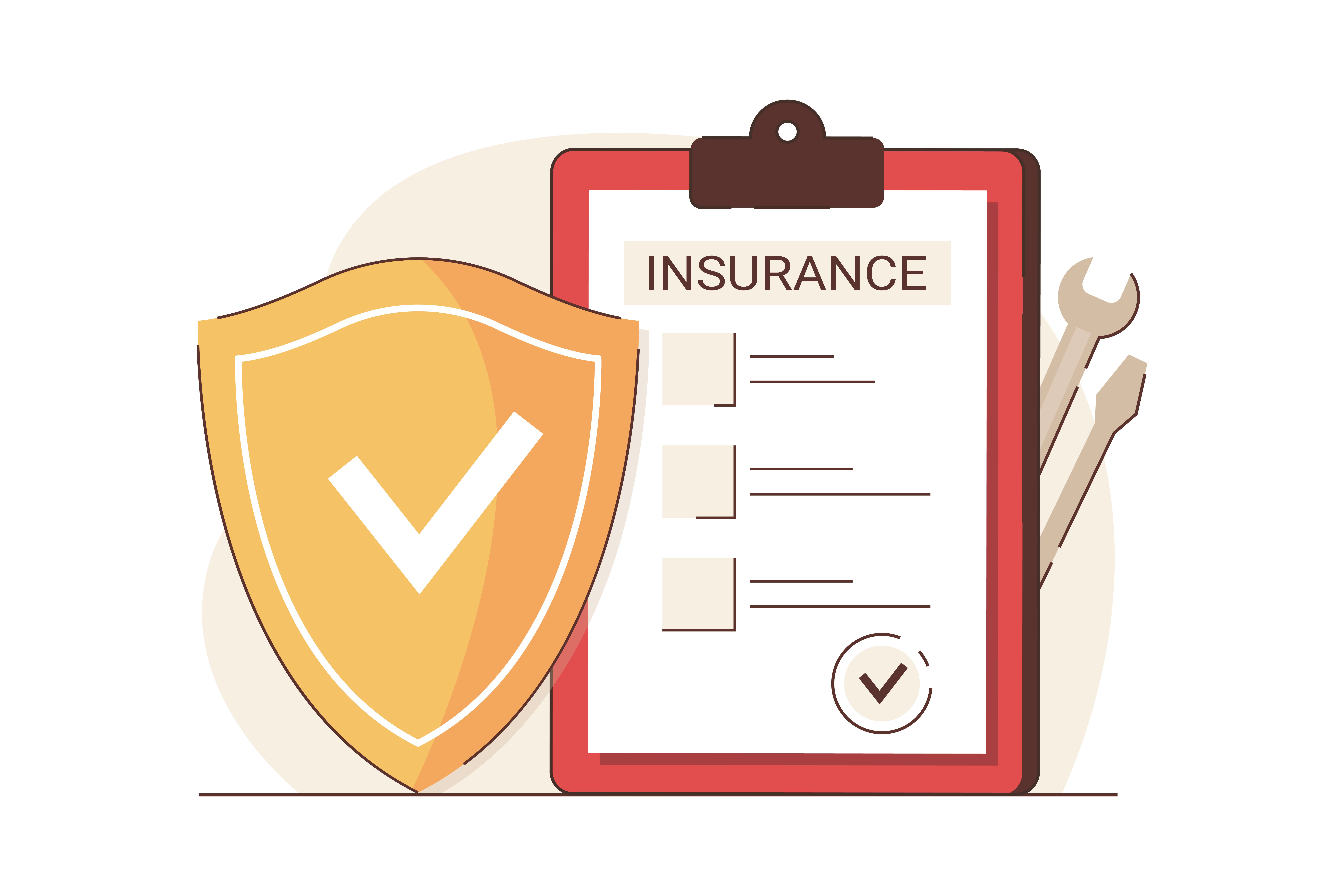Mortgages can be an important part of buying your home. Whether you are a first-time homebuyer, moving up to your dream house, or looking to buy your retirement home, there are numerous steps you need to take in order to get the best deal. But before you start the process, be sure to read up on the basic terms of mortgages so that you know exactly what to expect. This will make the experience much easier for you.
Down payment
In the world of financing a new home, the down payment is the operative word. Whether you choose to put your hard earned dollars down on a home, condo or townhouse, you are committing to a long term loan. However, the down payment is not the only expense you’ll be dealing with. You’ll also need to budget for your closing costs. These can be anywhere from two to three percent of the total home price.
While it’s true that putting some of your own cash up front isn’t always the most expensive option, you’ll be saving in the long run. Plus, you’ll have a better shot at securing a mortgage in the first place.
Putting your cash in a safe, secure place like the bank is a good way to go. It’s a good idea to make sure that you can easily access the money at a moment’s notice.
The best way to do this is to keep an eye out for offers, like the ones provided by Fannie Mae and Freddie Mac. Some lenders may even offer down payment assistance programs that allow you to purchase your dream house without breaking the bank.
Taking the time to find the right lender and comparing your options will help ensure that you end up with the best deal. Of course, you’ll also want to make sure you have the necessary paperwork on hand. Among other things, you’ll need to show proof of your income and your assets.
Buying a new home is a big decision and you don’t want to make the mistake of settling for a subpar deal. To help you make the right choices, check out this list of lenders and their requirements for down payments.
Escrow account
An escrow account for mortgage payments is a safety net for homeowners. In this way, the homeowner can be sure that the insurance and property taxes are paid on time.
Most lenders require an escrow account to cover property and insurance. This is a good precaution for both the lender and the home buyer. It is also helpful to budget for large annual costs.
When you purchase a home, you typically place a portion of your down payment into an escrow account. The money is held by the escrow company until the contract is complete. At this point, the escrow company will send the remaining balance in a check.
Escrow accounts are also common for government-backed loans, including USDA loans and VA Streamline Refinances. If you have a down payment of 20% or less, your lender may waive the escrow account.
The amount of money in an escrow account varies, depending on the economy and local property taxes. Some banks require a copy of your tax bill before they will set up the escrow.
Typically, the escrow account holds two months of your expenses at the closing. Once your insurance and property taxes are paid, the escrow account is closed.
Homeowners should be aware that if you switch home insurance policies, you will have to notify your lender. You should also keep in mind that the cost of your homeowner’s insurance premiums can rise over the years.
Depending on your lender, you will need to fund the escrow account as part of your monthly mortgage payment. You can choose to cancel the escrow account if you are satisfied with your insurance coverage.
Underwriting
When applying for a mortgage loan, you will be subjected to a process called underwriting. During this step, your credit history, current debts, and the value of your home are evaluated. This will ultimately determine if you are approved for a loan.
If your credit score is low, you may be unable to get a loan. However, there are steps you can take to re-establish your credit.
Among the first things underwriters look at is your income. They will also consider your past tax debts. In addition, your debt-to-income ratio is considered.
Underwriters will also investigate any inconsistencies or errors in your application. They might also call your employer to verify your employment.
You can also run into problems if your credit history includes a bankruptcy. The underwriter will need to know how you got back on your feet. A short letter describing your circumstances will often help your application.
Mortgage lenders will want to make sure that you have the ability to make your monthly payments. Your lender will check your income, monthly debts, and property taxes. He will also look at your home insurance bill.
It is important to keep in mind that the underwriting process can take a couple of weeks to months. Having all the necessary documentation on hand before the lender asks for it can make your life easier.
After underwriting, the lender will issue you a document that will tell you how much your loan will cost. This is called a Closing Disclosure (CD). Also included will be a down payment, closing costs, and projected monthly payments.
Throughout the underwriting process, you should stay in contact with your lender. They can advise you on what steps to take next.
Closing
Mortgage closing is the final step in a real estate transaction. It’s the time when you transfer ownership of the property from the seller to the buyer.
You may be surprised to learn that closing a mortgage is more complex than simply signing the paperwork. The process involves multiple steps, and requires absolute adherence to the most current state and federal regulations.
When you are applying for a loan, you need to provide the lender with a wide range of documentation. This includes a valid driver’s license and Social Security numbers. There are also forms for tax compliance. Depending on the type of loan you are applying for, you may be asked to fill out extra forms.
For example, you might be asked to fill out a “Deed of Trust” or “security instrument” if you are borrowing money on a home. A Deed of Trust is a legal document that states the lender’s rights to foreclose if the borrower defaults on his loan.
Traditionally, mortgage closing is performed at the offices of a title company. But with the rise of eClosing technology, you can have your mortgage closed electronically.
In the event that your lender isn’t equipped to eClose, you can opt for a third-party service provider. Third-party providers have a variety of clients, and have the expertise to handle the complexities involved in the post-closing process.
The mortgage post-closing process involves a series of steps, from re-verification of a borrower’s credit history to a thorough review of the file. Each step has to be carefully evaluated for the most efficient way to close the loan.
Fortunately, many counties now allow electronic recording of mortgage documents. However, many counties still do not offer this service.



